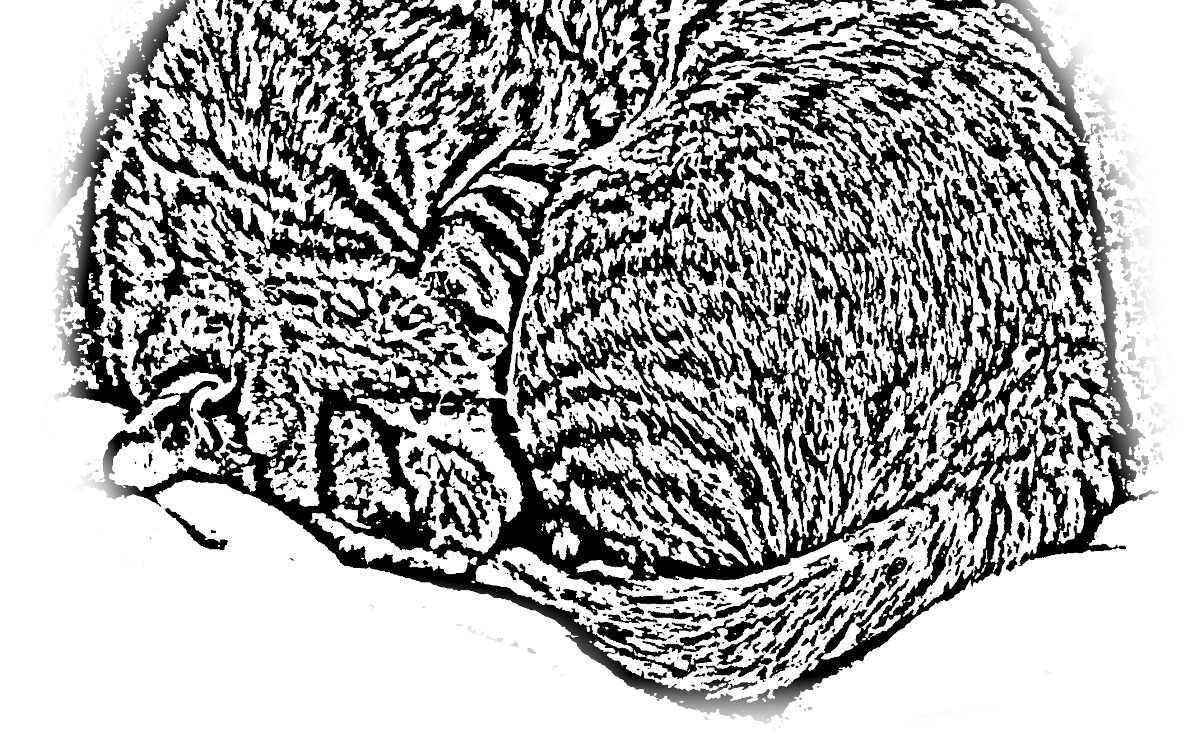No Books, No Life
Illuminating Life’s Depths
- Beyond the Veil: Unpacking Nietzsche’s Philosophical Depths
- The Grand Tapestry: Sci-Fi’s Interweaving Themes of Self and Society
- Philosophy in Your Pockets: Everyday Applications of Profound Thought
- Echoes from Other Realms: Expanding Our Intellectual Horizons
- The Unceasing March: Latest Currents in Thought and AI
- A Gentle Adieu: My Personal Reflections on Books and Life
- Citations:
It truly is fascinating, isn’t it, how certain tomes possess the uncanny ability to cast a radiant beam into the very depths of our existence? Not unlike a lone lighthouse on a craggy, storm-swept coast, guiding ships through treacherous waters, these literary beacons offer not just solace but a profound sense of direction when one feels adrift in the vast ocean of life. Today, we shall embark on a delightful voyage, navigating the philosophical currents stirred by a most compelling work: Friedrich Nietzsche’s Jenseits von Gut und Böse. Vorspiel einer Philosophie der Zukunft, or as it’s more commonly known in English, Beyond Good and Evil: Prelude to a Philosophy of the Future.
Beyond the Veil: Unpacking Nietzsche’s Philosophical Depths
Nietzsche, bless his brilliant, often exasperating soul, delves headfirst into the very foundations of morality and truth within Beyond Good and Evil. He’s not merely questioning; he’s dismantling, re-evaluating, and rather boldly proposing that our cherished concepts of “good” and “evil” might just be a tad… simplistic, perhaps even a societal construct. It’s a delightful, if at times unsettling, journey into the psychology of philosophy itself. He’s asking us to look beyond the surface, to question inherited values, and to consider the will to power as a fundamental driving force in human nature. One can’t help but chuckle at his sheer audacity, can one? He invites us to confront our ingrained beliefs, and in doing so, perhaps discover something far more authentic about ourselves.

The Grand Tapestry: Sci-Fi’s Interweaving Themes of Self and Society
It might seem a peculiar leap from 19th-century philosophy to the sprawling landscapes of science fiction, but hear me out. Many of the profound questions Nietzsche poses—about truth, power, and the evolution of values—find startling resonance within the genre of science fiction. Think of stories exploring the first contact with alien intelligence, where humanity is forced to re-evaluate its place in the cosmos and its very understanding of “good” and “evil.” Or consider narratives delving into the future of AI and humanity, often grappling with what it truly means to be human when technology blurs the lines. Arthur C. Clarke’s The Fountains of Paradise explores humanity’s technological ambition and its interaction with deep time and existence, echoing the persistent human striving that Nietzsche so often pondered. These tales, much like Nietzsche’s work, invite us to peer into alternative realities and, in doing so, gain a fresh perspective on our own.

Philosophy in Your Pockets: Everyday Applications of Profound Thought
Now, one might wonder, “How on earth does Nietzsche help me decide what to have for dinner?” Well, perhaps not directly, but the beauty of philosophy, especially the challenging kind, lies in its ability to sharpen our critical faculties and encourage self-awareness. Taking a leaf from Nietzsche’s book, we can learn to question the automatic assumptions we make, to scrutinise the “why” behind our everyday choices. It’s about being mindful, isn’t it? Consciously choosing to engage with ideas, rather than passively accepting them. Perhaps, instead of just grabbing the nearest snack, we might pause and ask: “Is this truly what I desire, or merely a fleeting impulse?” One needn’t become a nihilist to appreciate the value of questioning the status quo in one’s own life.

Echoes from Other Realms: Expanding Our Intellectual Horizons
The world of ideas is vast and interconnected, much like the gentle undulations of the Cotswolds hills where I hail from. While Nietzsche offers a powerful lens through which to view existence, true intellectual enrichment often comes from venturing beyond a single discipline. Consider, if you will, the profound insights offered by psychological texts on human behaviour, or historical analyses that illuminate the evolution of societal values. Even a casual glance at recent scientific discoveries can reshape our understanding of consciousness. These diverse perspectives, much like the multifaceted brilliance of a perfectly cut diamond, reflect and refract light in new and illuminating ways, deepening our appreciation for the sheer complexity and wonder of life itself.
The Unceasing March: Latest Currents in Thought and AI
In this rapidly accelerating age, one can’t help but notice the thrilling, if at times bewildering, advancements in artificial intelligence. How does this relate to our deep dive into classic texts? Immensely! AI is not just a technological marvel; it’s a mirror reflecting our own understanding of intelligence, consciousness, and even the very nature of human creativity. As AI systems become more sophisticated, they compel us to re-examine what truly distinguishes human thought and emotion. Will AI ever grapple with questions of “good” and “evil” in the nuanced way Nietzsche did? Only time will tell, but these developments certainly keep the philosophical pot bubbling, promising endless fascinating discussions for aficionados and casual observers alike.
A Gentle Adieu: My Personal Reflections on Books and Life
And so, we arrive at the close of our little intellectual jaunt. It has been, for me, a truly delightful exploration. The sheer power of a well-penned book, particularly those that dare to challenge our deepest convictions, is simply unparalleled. They are not merely collections of words on a page; they are living entities, breathing wisdom, and sparking fires of self-discovery within us. As someone who finds solace and endless intrigue within the pages of such works, I can genuinely say that for me, Sophia Aria, No Books, No Life. Embrace the journey, my dears, and let these magnificent treasures illuminate your path.

Citations:
- [1] “Jenseits von Gut und Böse (Nietzsche),” Wikipedia. [Online]. Available: https://de.wikipedia.org/wiki/Jenseits_von_Gut_und_B%C3%B6se_(Nietzsche). [Accessed: 29-Jul-2025].
- [2] “Friedrich Nietzsche,” Wikipedia. [Online]. Available: https://en.wikipedia.org/wiki/Friedrich_Nietzsche. [Accessed: 29-Jul-2025].
- [3] “Space Elevator, Clarke, The Fountains of Paradise – No Freedom, No Life.,” no-life.net. [Online]. Available: https://no-life.net/space-elevator-clarke-fountains-paradise/. [Accessed: 29-Jul-2025].
Jenseits von Gut und Böse by Friedrich Nietzsche
Related Articles
-
Masterpiece Collection: The Gravity of Truth – Inherit the Stars by James P. Hogan

No Discovery, No Life. Explore the lunar mystery of Inherit the Stars by James P. Hogan. Sophia Aria delves into this SF classic to spark your intellectual curiosity.
-
No LIFE, No CAT. mindfulness: Finding Peace in the Paradox: Mindfulness Woven by AI’s “Efficiency” and Human “Imperfection” 5th

AI & Human Mindfulness: Explore how AI’s efficiency and human imperfection can guide you towards a mindful, richer life. Learn practical tips for digital wellbeing and slow living.
-
Masterpiece Collection: The Blazing Manifesto for Selfhood – Also sprach Zarathustra by Friedrich Nietzsche

No Will, No Life: Sophia Aria delves into Nietzsche’s electrifying Also sprach Zarathustra, challenging readers to embrace the Will to Power and forge their own values. A compelling call for self-overcoming.






Leave a Reply